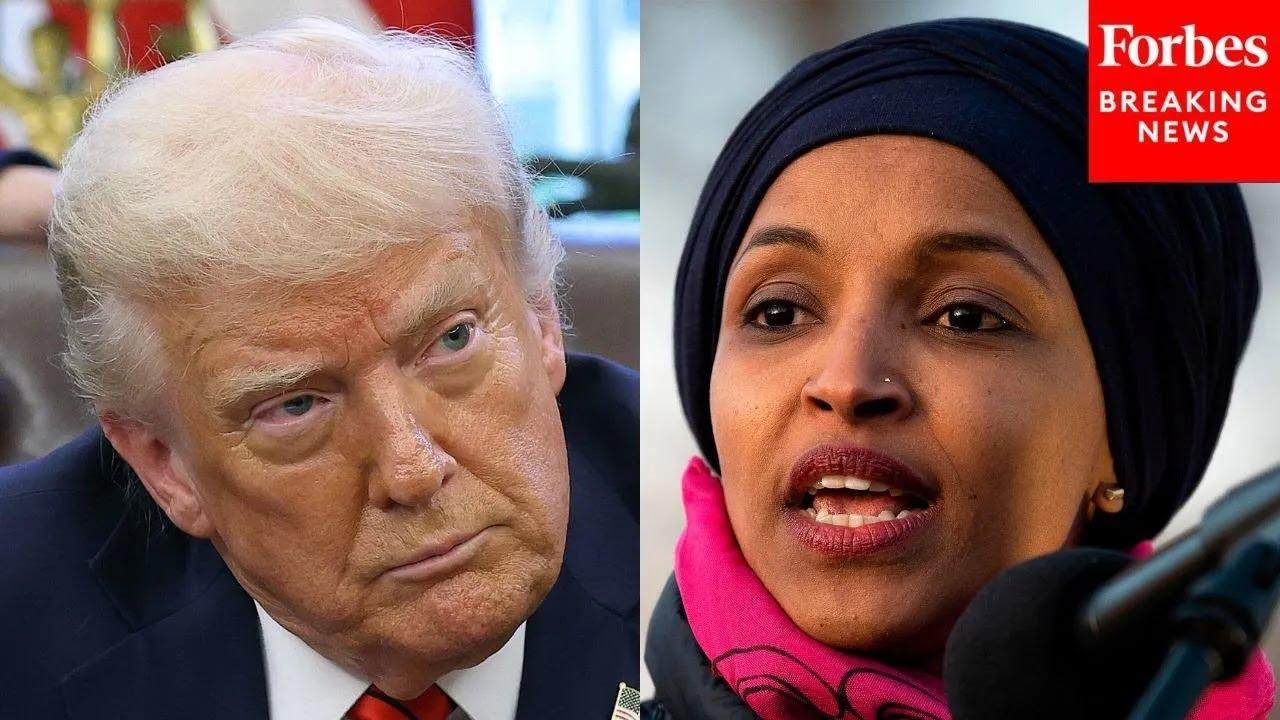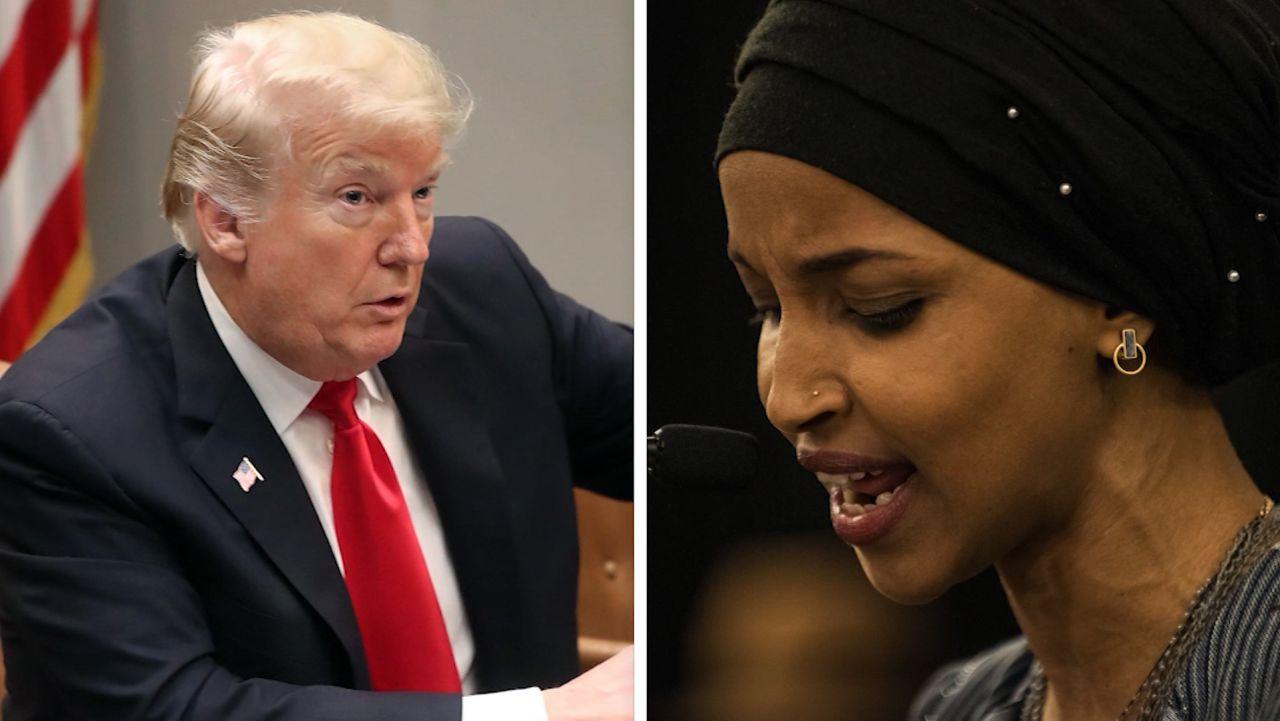Rep. Ilhan Omar, a first-term Democratic congresswoman from Minnesota, issued a public apology on Monday after facing bipartisan backlash for comments she made regarding the influence of pro-Israel lobbying on American politics. The controversy erupted after Omar suggested on Twitter that lawmakers’ support for Israel was “all about the Benjamins,” a phrase widely interpreted as implying that financial contributions from pro-Israel groups like AIPAC (the American Israel Public Affairs Committee) were the driving force behind U.S. policy.

Her comments quickly drew criticism from both Democratic and Republican leaders, many of whom viewed her remarks as invoking anti-Semitic tropes about Jewish money and influence. Speaker of the House Nancy Pelosi, along with several top Democrats, released a statement condemning Omar’s language, calling it “deeply offensive” and reiterating that anti-Semitism must be confronted in all its forms.
Facing mounting pressure, Omar responded with a public apology on Twitter. “Anti-Semitism is real and I am grateful for Jewish allies and colleagues who are educating me on the painful history of anti-Semitic tropes,” she wrote. “My intention is never to offend my constituents or Jewish Americans as a whole. I unequivocally apologize.”
The apology, while welcomed by some, did not completely quell the criticism. AIPAC, although not a political action committee that donates directly to candidates, has long been recognized as one of the most influential groups shaping U.S. policy on Israel. Omar’s suggestion that financial incentives shape political decisions struck a nerve in Washington, where the role of lobbying groups is often the subject of intense debate.

Critics argue that Omar’s remarks play into long-standing anti-Semitic narratives, which often associate Jewish communities with outsized financial influence. Supporters, however, have said that questioning the power of lobbying groups—even those with strong cultural or religious affiliations—should not be off-limits in a democratic society. The incident reignited a broader discussion about where to draw the line between legitimate criticism of Israeli policy and rhetoric that veers into anti-Semitism.
Omar’s original comments were part of a Twitter exchange with journalist Glenn Greenwald, who had criticized Republican leaders for their unwavering support of Israel. When another Twitter user asked Omar who she believed was paying politicians to support Israel, she replied, “AIPAC!”—a response that instantly made headlines.
In the wake of the controversy, Democratic leaders were forced to navigate a delicate balancing act: reaffirming their commitment to fighting anti-Semitism while also addressing growing intra-party divisions over U.S. policy toward Israel. Omar, along with a few other progressive Democrats, has been openly critical of Israeli government policies and what she views as unconditional American support for them—positions that contrast with the traditional bipartisan consensus in Congress.
Jewish organizations and several members of Congress expressed appreciation for Omar’s apology, though some remained skeptical about whether it marked a meaningful shift in her approach or was simply damage control. Others called for further dialogue and education, emphasizing the need for sensitivity when discussing topics with deep historical and cultural roots.
Despite the controversy, Omar also found defenders among progressives and civil liberties advocates who cautioned against silencing dissent on foreign policy. They warned that labeling all criticism of Israel as anti-Semitic can have a chilling effect on legitimate debate.

The episode underscores the political tightrope lawmakers must walk when addressing complex global issues, particularly those tied to identity, religion, and national security. For Omar, a Somali-American Muslim and one of the first two Muslim women elected to Congress, the incident has highlighted both the opportunities and challenges of being a vocal newcomer in a chamber steeped in tradition and political caution.
As the debate continues, one thing is clear: Ilhan Omar’s comments and subsequent apology have sparked a national conversation—not only about anti-Semitism, but also about free speech, lobbying, and the evolving boundaries of political discourse in the United States.






